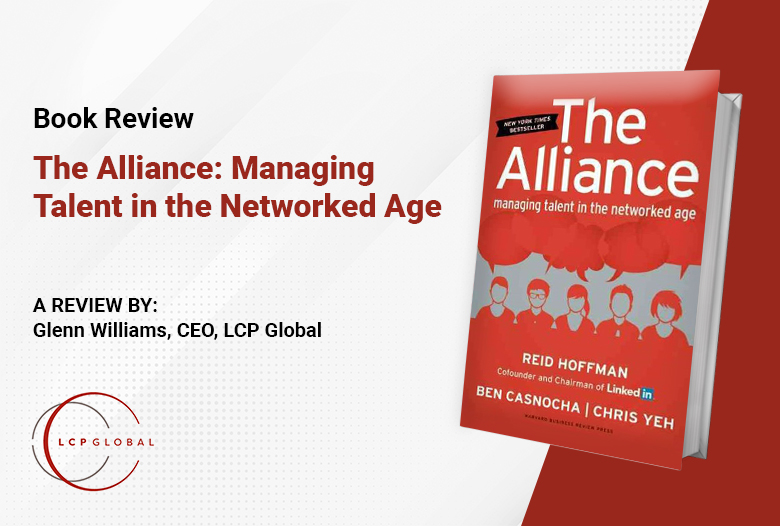“A business without loyalty is a business without long-term thinking. A business without long-term thinking is a business that’s unable to invest in the future. And a business that isn’t investing in tomorrow’s opportunities and technologies—well, that’s a company already in the process of dying.”1
Leaders can’t afford not to be in the ‘talent’ business.
Most leaders would agree that managing talent is an enormous challenge. Putting aside the costs associated with the recruitment and development of staff, holding onto someone that you can’t afford to lose is a battle easily lost.
In The Alliance: Managing Talent in a Networked Age, authors Hoffman, Casnocha and Yeh identify some of the generational characteristics and emerging cultural trends contemporary leaders need to be considerate of. The authors make it clear that a modern company can no longer “expect its corporate purpose to become the sole purpose of the employee.”2
They argue that new ways must be found to rebuild the employer-employee relationship and encourage employees to develop their personal networks and act entrepreneurially without becoming mercenary job-hoppers. A key way to facilitate this for employers is to better understand the core aspirations and values of those that work for them and look for where they are in alignment.3
The authors have avoided the temptation to provide a set of prescriptive answers that might cause someone not to explore some of the more creative solutions.
1 Reid Hoffman, Ben Casnocha, and Chris Yeh. The Alliance: Managing Talent in a Networked Age (Boston: Massachusetts: Harvard Business Review Press, 2014), 7.
2 Ibid., 58.
2 Ibid., 64.




